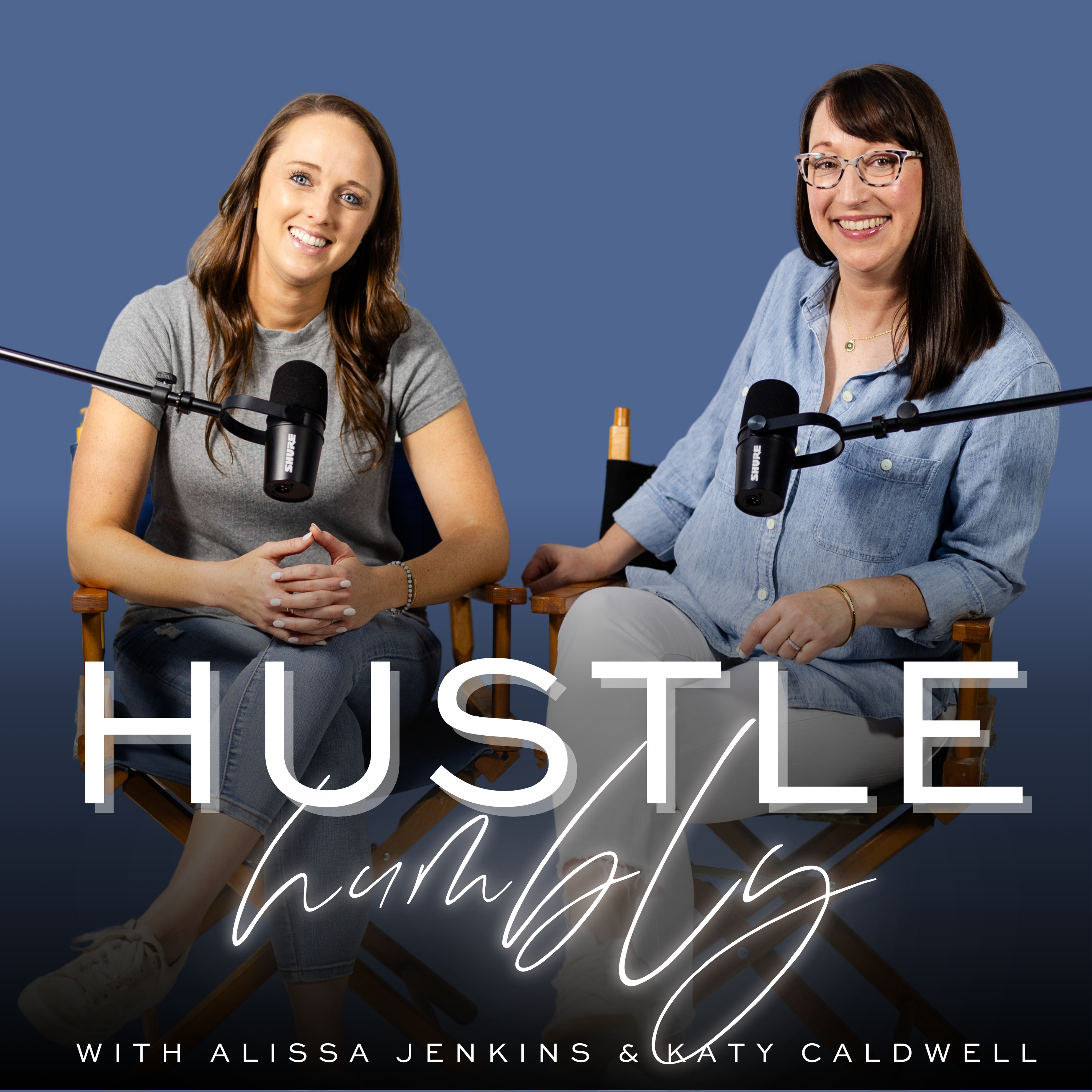Preventing Burnout in Real Estate: How to Manage Stress and Rest Effectively
Preventing burnout in real estate is crucial for maintaining long-term success and well-being. The industry demands constant availability, problem-solving, and emotional energy, leading many agents to exhaustion. In this episode, we speak with Dr. Saundra Dalton-Smith, a physician and workplace well-being consultant, about how to manage change, set boundaries, and integrate different types of rest into a busy schedule.
Understanding Stress and Change in Real Estate
Stress often stems from change, and real estate agents face constant industry shifts. Dr. Dalton-Smith explains that stress management is less about controlling change and more about how we recover from it. Instead of resisting change, agents should acknowledge its impact on their mental, emotional, and physical health. By recognizing how change affects daily life, agents can create strategies to stay resilient and prevent burnout in real estate.
The Seven Types of Rest
Rest is more than just sleep. Dr. Dalton-Smith outlines seven types of rest necessary for maintaining energy and avoiding exhaustion:
- Physical Rest – Sleep and relaxation techniques that restore the body.
- Mental Rest – Practices that clear the mind and improve focus.
- Spiritual Rest – Activities that connect you to a greater purpose.
- Emotional Rest – Expressing and processing emotions freely.
- Social Rest – Balancing relationships that drain and restore energy.
- Sensory Rest – Reducing overstimulation from screens, noise, and bright lights.
- Creative Rest – Rejuvenation through appreciating beauty and inspiration.
Managing Emotional Fatigue in Real Estate
Real estate agents often absorb their clients’ stress and emotions, leading to emotional exhaustion. To counter this, agents should have an outlet to express their feelings. This can be through journaling, confiding in a trusted friend, or engaging in creative activities like art or music. Setting emotional boundaries with clients and taking time to process difficult interactions can help maintain emotional well-being.
Incorporating Rest into a Busy Schedule
Entrepreneurs and real estate professionals often struggle to find time for rest. Dr. Dalton-Smith recommends habit stacking—integrating rest into existing routines. Simple changes, like taking a five-minute sensory break between meetings, changing your phone’s lock screen to an inspiring image, or using noise-canceling headphones to reduce overstimulation, can help restore energy throughout the day.
Setting Boundaries to Prevent Burnout
Many real estate agents feel pressure to respond immediately to every request, creating a constant sense of urgency. However, time blocking and limiting email checks to designated periods can improve productivity and reduce mental fatigue. Setting clear expectations with clients about response times helps maintain professionalism while also protecting personal time.
Improving Sleep for Better Performance
Quality sleep is essential for energy and focus. Many agents struggle with sleep due to an overactive mind. Practicing mental rest by writing down lingering thoughts before bed, creating a consistent bedtime routine, and recognizing natural sleep rhythms can improve rest. Not everyone needs the same amount of sleep, so agents should identify their personal sleep needs to optimize performance.
The Gift of Rest
Dr. Dalton-Smith emphasizes that rest provides more than just recovery—it offers freedom, improved focus, and stronger boundaries. By intentionally incorporating different types of rest into daily routines, real estate professionals can maintain their energy, enhance productivity, and find greater fulfillment in their careers.
Final Thoughts
Preventing burnout in real estate requires intentional recovery strategies. Understanding stress, implementing various types of rest, and setting strong boundaries can help agents sustain their success and well-being. By prioritizing rest and recovery, agents can create a healthier and more fulfilling career in real estate.
Leave us a review at RateThisPodcast.com/HustleHumbly
Get your FREE Database Template
Submit your topic ideas and toasts to Hello@HutleHumblyPodcast.com.
—————–
Rate, Review, & Follow on Apple Podcasts
“I love Katy and Alissa and The Hustle Humbly Podcast.” <– If that sounds like you, please consider rating and reviewing our show! This helps us support more people — just like you — move toward the life and business that they desire. Click here,
scroll to the bottom, tap to rate with five stars, and select “Write a Review.” Then be sure to let us know what you loved most about the episode!
Also, if you haven’t done so already, follow the podcast. We’re adding a bunch of bonus episodes to the feed and, if you’re not following, there’s a good chance you’ll miss out. Follow now!
